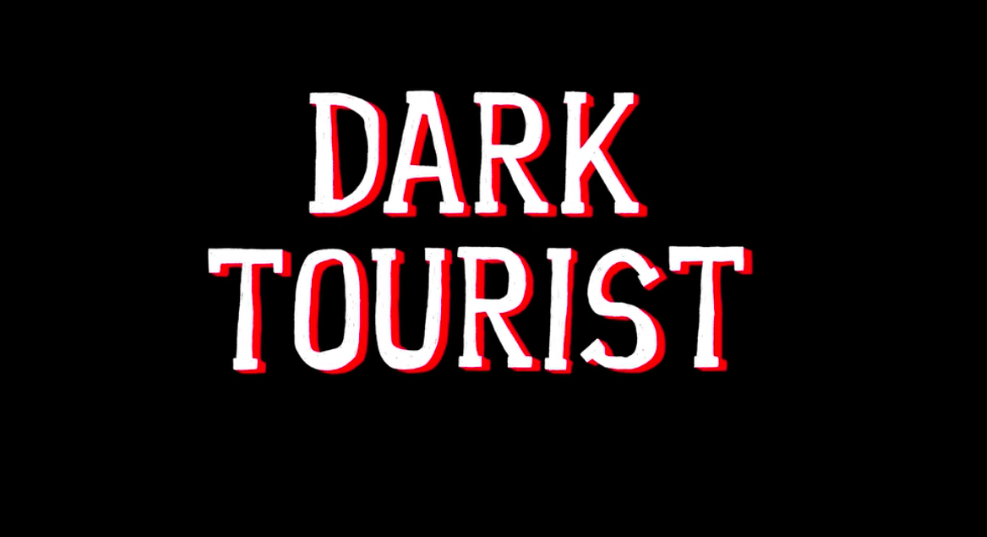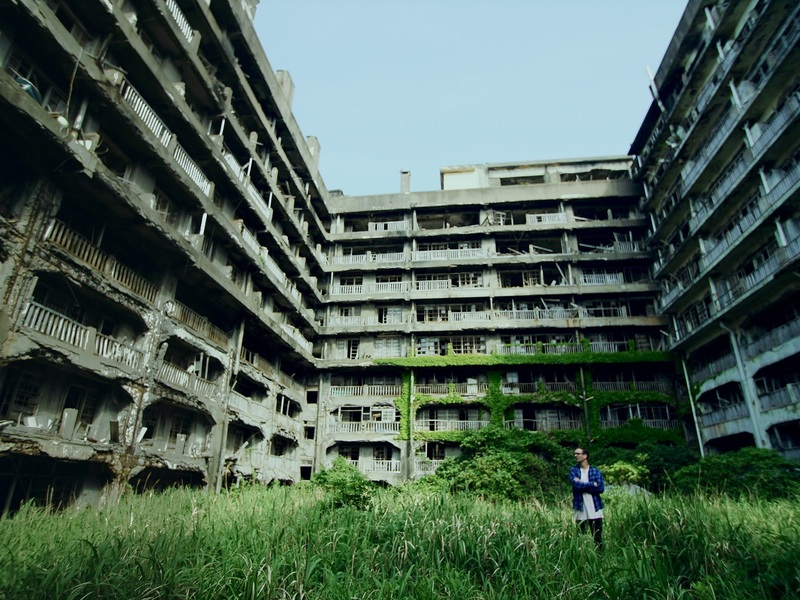New Zealand journalist David Farrier has previously been in the spotlight for his investigative work on chilling documentary Tickled. More recently, has proved he is not afraid to dive into the ethically murky and eye-opening unknown in the 8 part Netflix series Dark Tourist.

David Farrier is no stranger to contention. Dubbed ‘New Zealand’s Louis Theroux’, Farrier was the director alongside Dylan Reeve of the mind-blowing documentary Tickled- an HBO hit financially supported by Stephen Fry. The 2016 sleeper hit delves into the dark sport of ‘Competitive Endurance Tickling’, a concept that sounds somewhat humorous. The light concept, however, took a dark turn during production, when Farrier was verbally attacked and refused interviews by the tickling sport’s media company Jane O’Brien Media. The film then turns even more ominous, delving into the exploitation of young men, and the psychopathic mastermind behind the tickling empire, protected by his massive trust fund. Tickled is nail-bitingly engaging, and proves Farrier is not easily scared off.
Farrier’s notable comfort in controversy has been well established by his previous works. The journalist has now released his newest project- Netflix’s Dark Tourist. Dark tourism, by definition, involves travelling to sites that have been plagued with death and disaster. The series follows the journalist through such spots, including Fukushima, Myanmar, and Turkmenistan, the latter of which is one of the world’s most repressive countries. If that isn’t enough, Farrier also visited the same suicide forest in Japan that Logan Paul fell under major fire for- perhaps in a much more tasteful fashion than the Youtuber, but nevertheless still filmed in this tragic location.
Undoubtedly, the show is captivating. Farrier’s likability is also undeniable. The journalist’s calm and open-minded nature allows him to connect with (most) of the people he encounters along the way, and his courage and perseverance is admirable. My concern is, has Dark Tourist taken this form of tourism a bit too far and potentially exploited some sensitive subjects? Or, has Farrier simply excelled in what he set out to accomplish for this series: exploring the curious and ambiguous nature of dark tourism? There were definitely some moments in watching the show where I felt somewhat uncomfortable and questioned the morality of his experiences. Even writing this article, I feel as though I should be treading carefully. Perhaps Farrier solidifies what journalism is about: transcending from the mundane into the contentious and thought-provoking.

Not shying away from his previous relationship with the law, Farrier has now landed himself in hot water with Japanese authorities. Farrier’s ‘Japan’ episode sees him stay in a robot-only staffed hotel, explore an island abandoned after the end of a mining boom, and join a tour visiting a now radioactive town affected by the devastating 2011 earthquake and tsunami Fukushima. The tour presents some obscenely tense moments, when radiation levels unexpectedly increase almost exponentially, at levels 50 times higher than advised safe by the tour guide. Farrier then, despite being advised against it, exits the tour bus to further explore an abandoned arcade, an area that authorities have prohibited tour access to. As reported by New Zealander news publication Stuff, the Fukushima Prefectural Government and Reconstruction Agency have taken action towards David Farrier due to concerns that such footage could- unsurprisingly- fuel fears about the area.
Dark tourism has long been known to have the potential for exploitation. It invites people to explore highly sensitive issues, some of which are still raw for many of those affected. It can also ‘do a world of good’, however. The Conversation emphasises “It is important to guard against the fetishisation of particular narratives and the use of victims’ voices for political gain.” I don’t personally believe Farrier intentionally fetishises these narratives, he more so scrutinises them, whilst simultaneously putting his own safety at risk. In an interview with Paste Magazine, Farrier advises the show does touch on “some of that… exploitative White People Nonsense” and “that’s because it is, and [he] is aware”. He further notes that dark tourists are people driven by curiosity, Farrier and them one thing in common – open-mindedness.
“It reminded me that people are good, and we’re not all destined for death and destruction.” David Farrier to RadioNZ
Have you watched Dark Tourist yet? Let us know what you think in the comments below.







